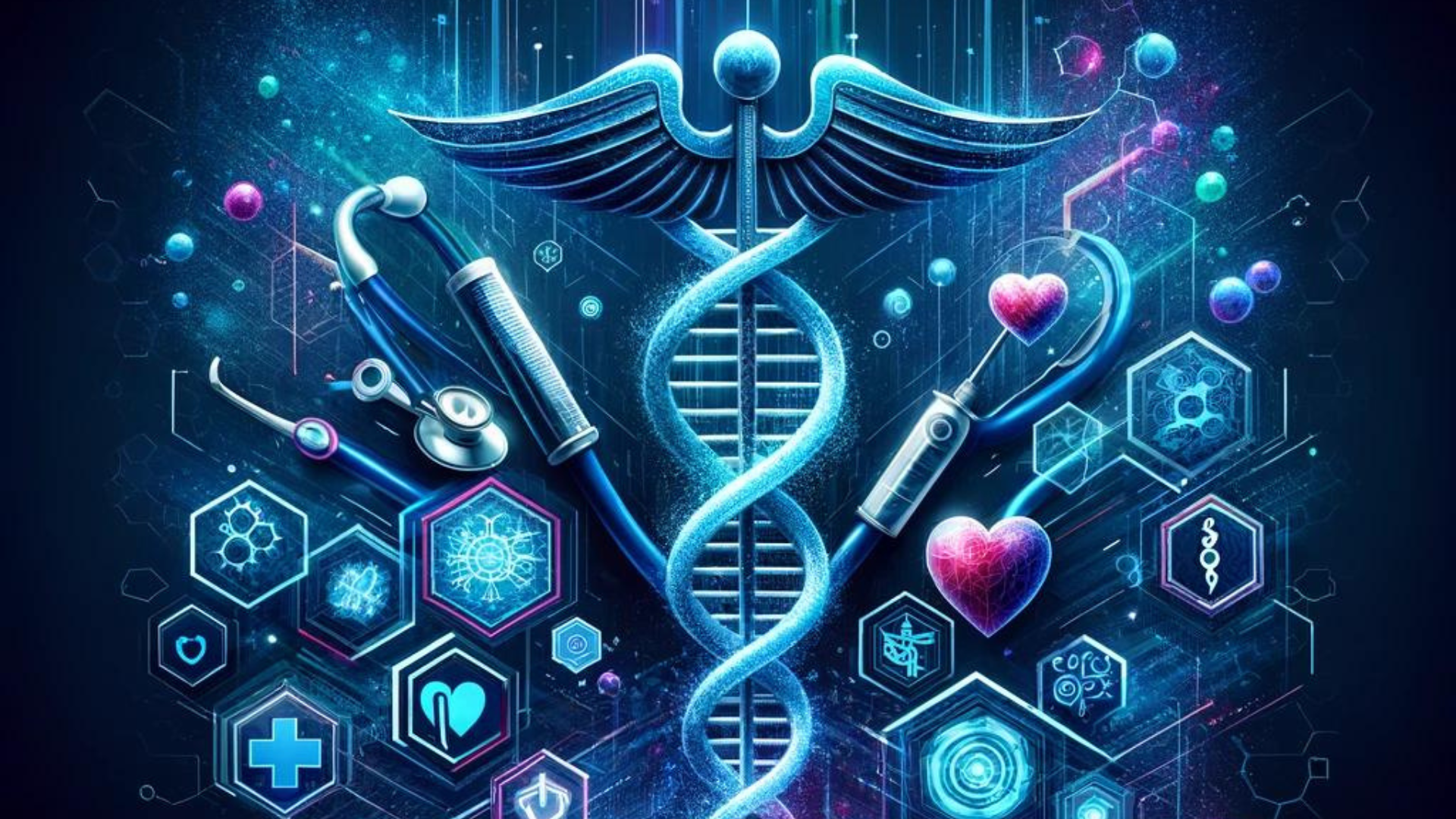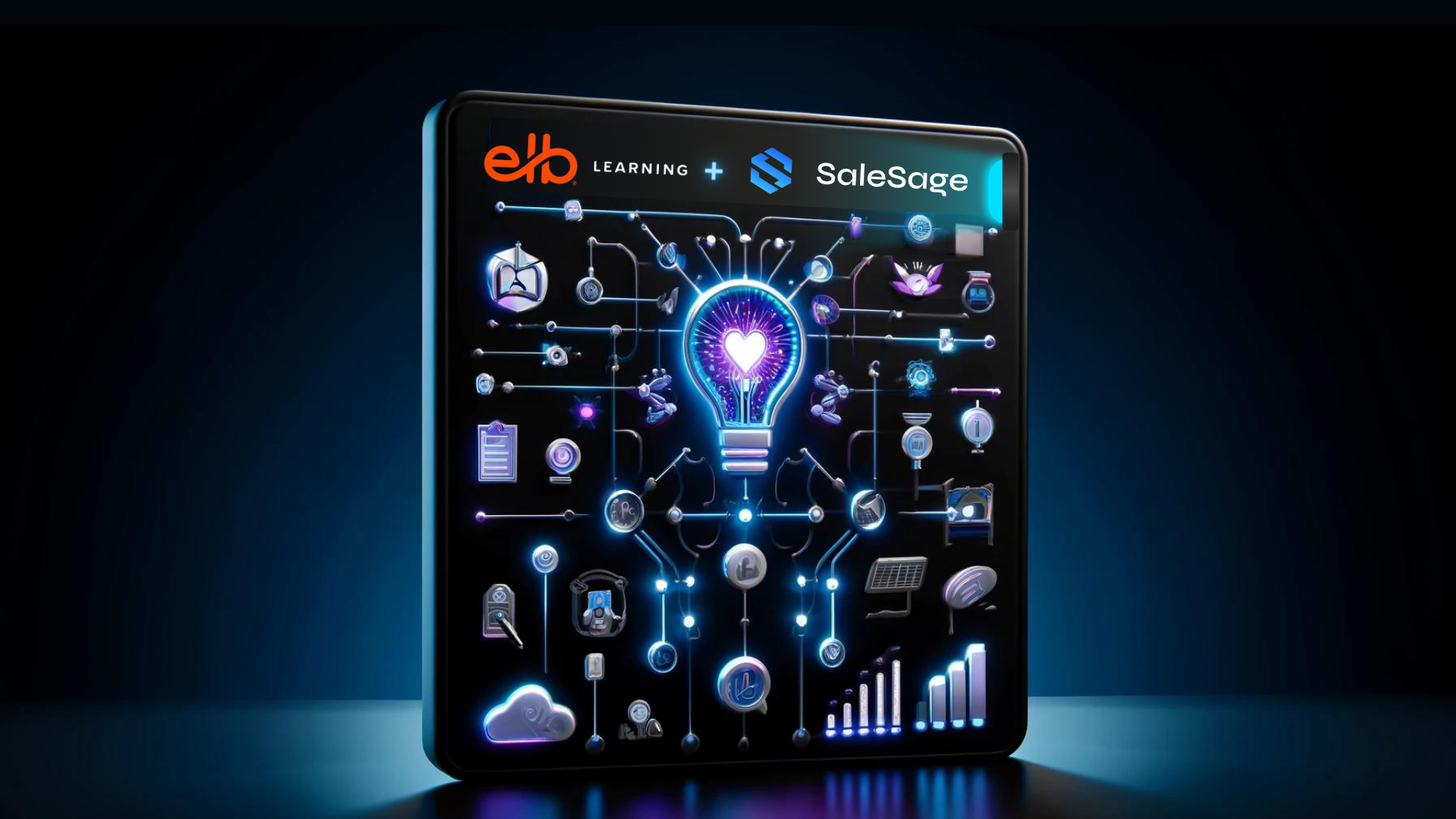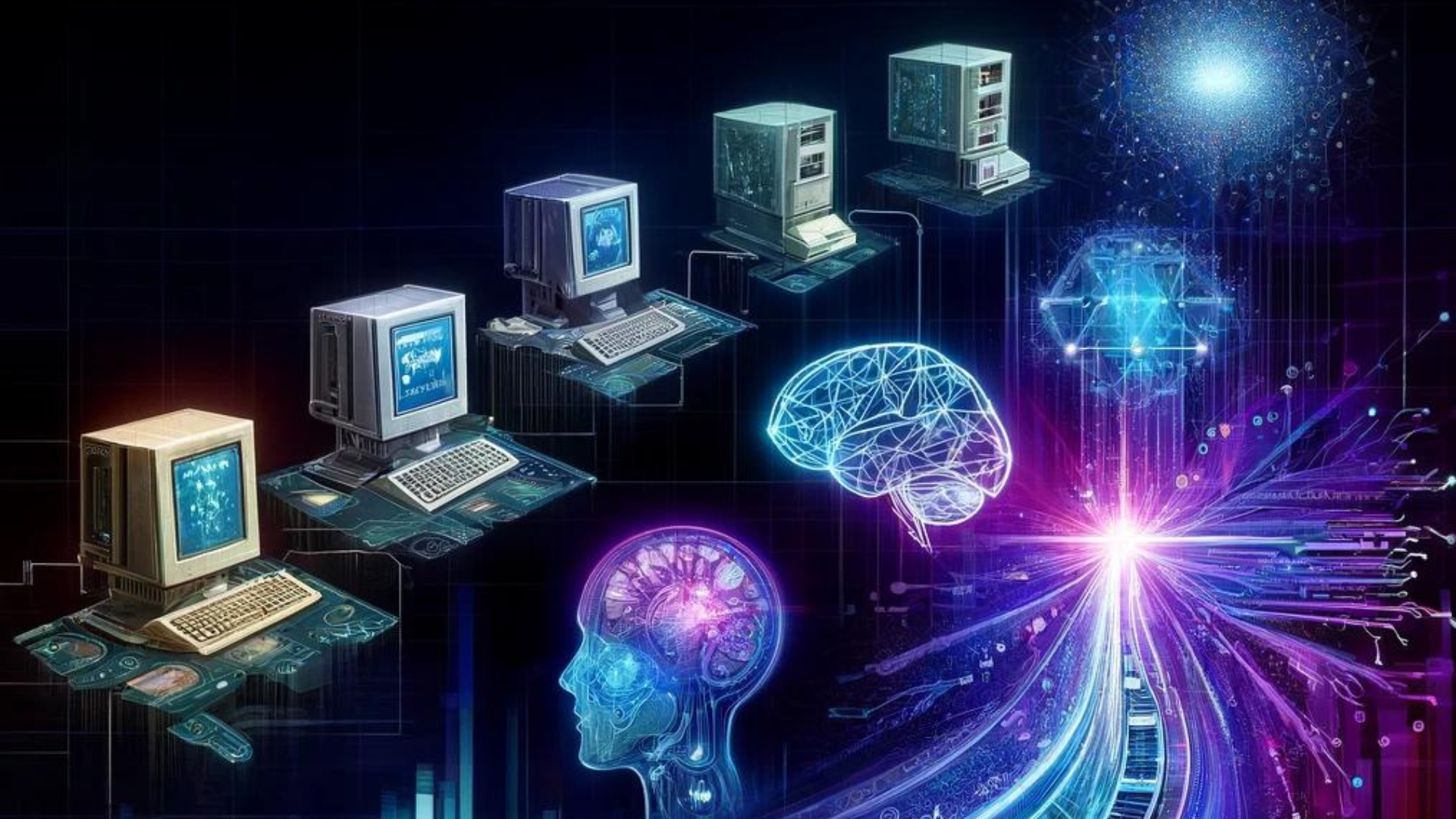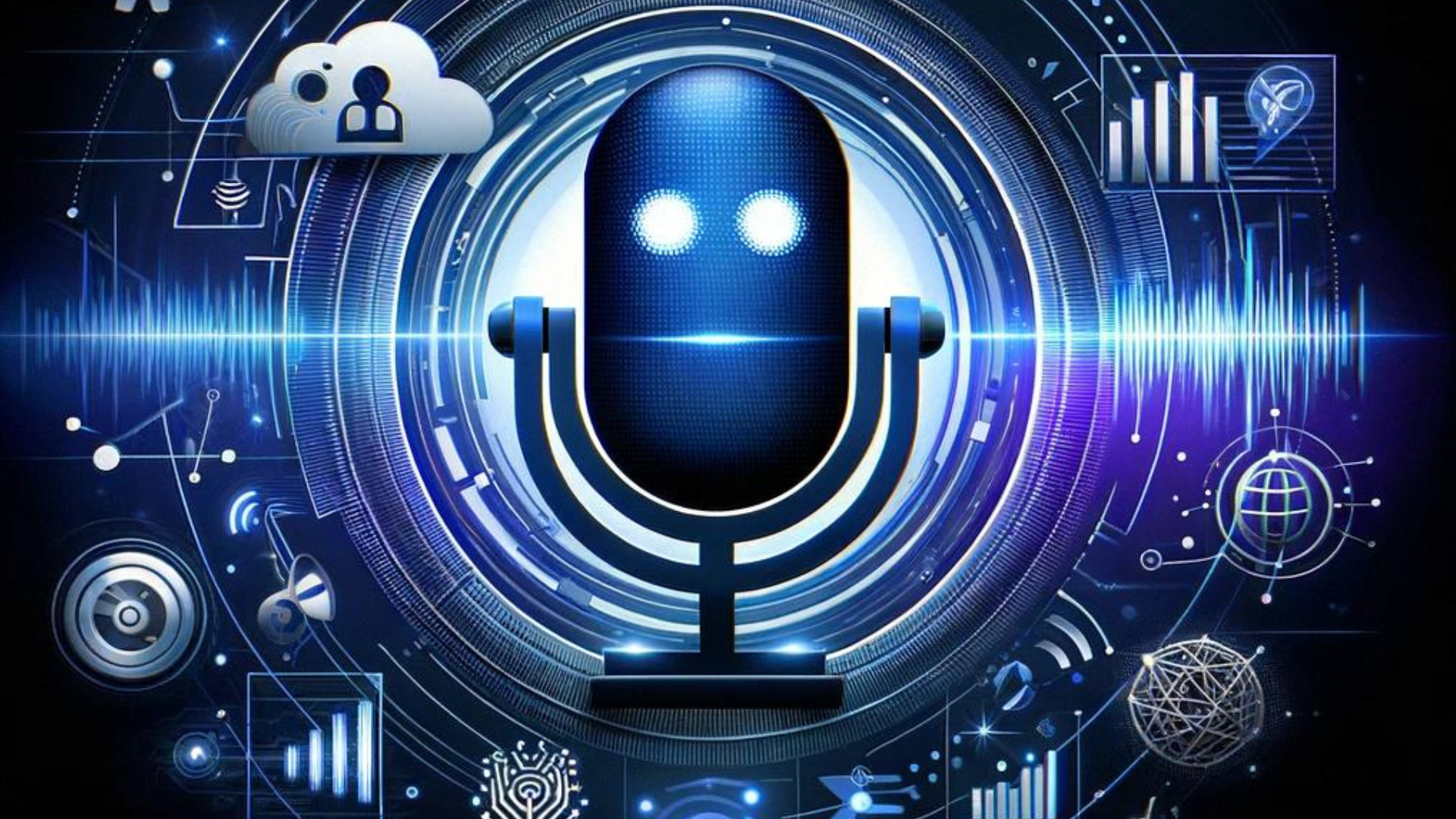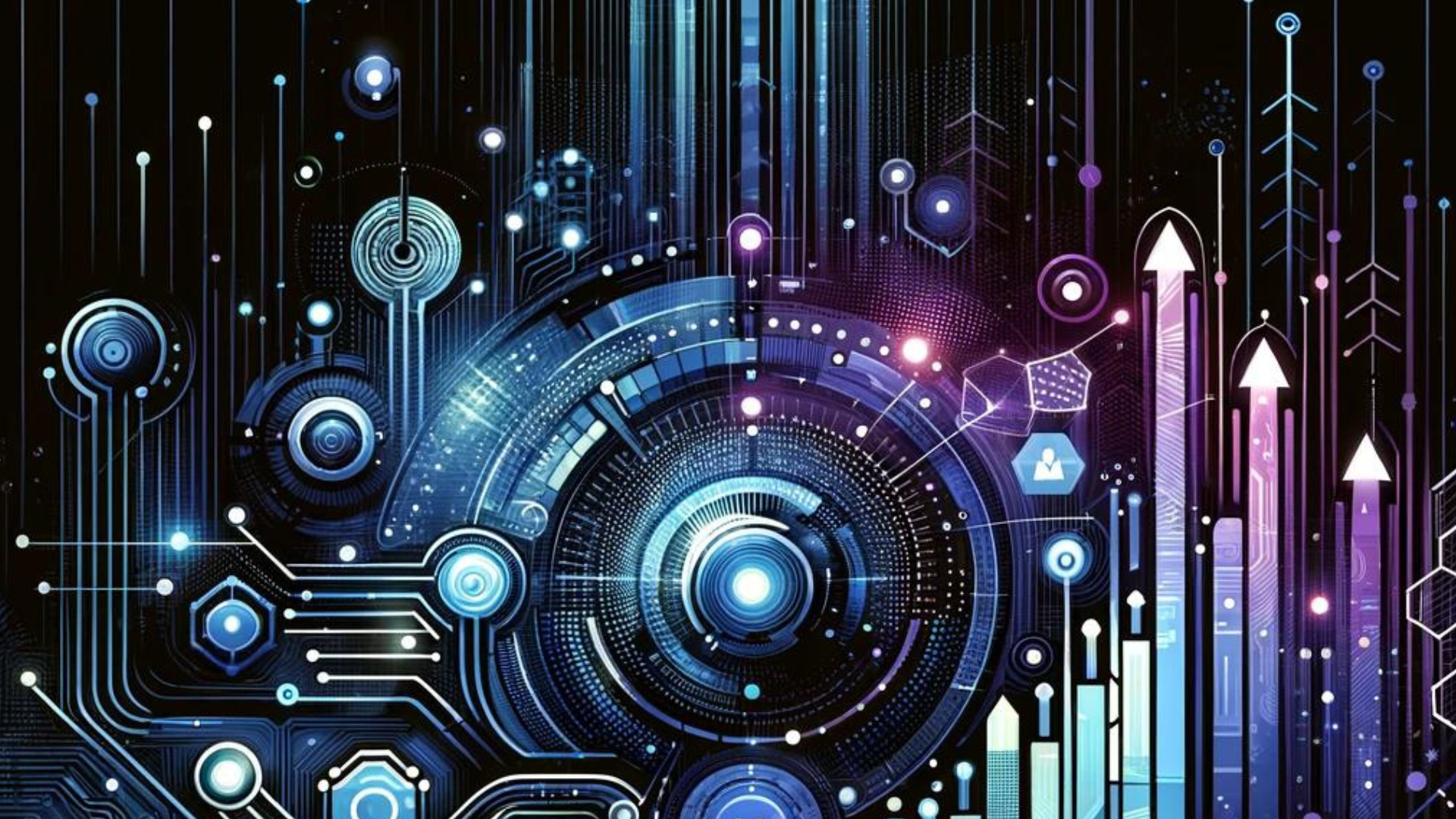This blog highlights how AI is more than a technological advancement. That it is a fundamental shift towards more personalized, efficient, and high-quality healthcare. Key points emphasized include:
- Educational Transformation: AI’s role in creating personalized and adaptive learning experiences for healthcare professionals.
- Clinical Impact: The use of AI in diagnosing diseases, managing patient engagement, and handling administrative tasks.
- Interactive Learning: The shift from traditional learning methods to immersive simulations, virtual reality, and interactive modules facilitated by AI.
- Technological Insights: An overview of the technologies behind AI in healthcare, including machine learning, natural language processing, and generative AI.
- Implementation Challenges: Acknowledgment of the challenges in integrating AI into healthcare and the importance of teamwork and training to overcome these challenges.
Webinar: The Future of Healthcare Training is Now: Integrating AI and Clinical Education with Dr. Christina Barss and Dipu Patel >>
The Future of Healthcare Training: Harnessing AI for Enhanced Education and Patient Care
In the fast-changing world of healthcare, Artificial Intelligence (AI) is a game changer. It’s completely reshaping how we learn and grow in the healthcare field. In this era where data is king, AI has become an essential tool, helping us make sense and properly utilize complex and abundant information.
The Expanding Role of AI in Healthcare
AI is catalyzing transformative advancements within the healthcare sector, attributable to its proficiency in analyzing extensive datasets. This extends beyond enhancing patient care; it is a whole new level of learning, revolutionizing the educational paradigms for healthcare professionals. Informed education experiences will prepare our current and future professionals by strategically equipping them with the knowledge and tools necessary to navigate and excel in the medical landscape.
AI's Multifaceted Impact on Healthcare
Let’s unpack how AI is making a difference:
- Diagnosis and Treatment: AI systems are being deployed to diagnose diseases with high accuracy, often matching or surpassing human experts, particularly in tasks such as the identification of malignant tumors.
- Patient Engagement and Adherence: AI is also playing a big part in keeping patients involved and on track with their treatment regimens.
- Administrative Tasks: AI is taking a load off healthcare professionals by handling those time-consuming admin tasks, so they can focus more on caring for patients.
- Healthcare Training: This is where it gets really exciting. AI is changing the game in how healthcare professionals learn. It’s creating personalized, adaptive learning content that really resonates with each student’s unique style and needs. This means students are better prepared for the complex world of modern healthcare.
It’s clear that AI’s role in healthcare training is more than just a trend. It’s a revolution in the making, tailor-making education in a way that’s both engaging and super effective.
Revolutionizing the Learning Ecosystem
The integration of AI into the healthcare learning ecosystem represents a shift, enhancing the framework of medical training and education. AI facilitates the creation of dynamic educational content, going beyond conventional textual formats to offer personalized learning experiences. This aligns with adult learning theories, recognizing and adapting to the diverse cognitive styles of medical professionals and fostering a deeper and more enduring comprehension of material.
AI’s application in clinical medical education extends to the provision of interactive, responsive learning environments. It enables instant feedback, simplifies complex medical concepts, and introduces virtual mentoring. These features are pivotal in simulating real-life clinical workflows, ensuring that healthcare professionals acquainted with theoretical knowledge are adept in applying this knowledge in practical, unpredictable clinical settings. And it’s not just about the content; AI also makes learning more interactive and responsive. Imagine getting real-time feedback, having complex concepts broken down into digestible bits, or even having a virtual guide that helps you through tough topics. This is the kind of hands-on, adaptive learning that prepares students for real-world healthcare scenarios, where no two days are the same.
This innovation goes beyond textbooks and traditional lectures. It’s about immersive simulations, virtual reality experiences, and interactive modules that make learning about medicine as close to the real thing as possible. By doing this, AI isn’t just training future healthcare professionals; it’s inspiring them, pushing them to think differently, and equipping them with the skills and confidence they need to excel in the fast-evolving world of healthcare. In doing so, AI is instrumental in equipping these professionals with the requisite competencies, ensuring their excellence and adaptability.
AI is More Than a Teaching Assistant
Let’s dive into the tech that’s powering AI in healthcare and how it might be leveraged in education. From machine learning algorithms that enable precision medicine, to natural language processing that interprets clinical notes, to generative AI that crafts dynamic educational modules, AI augments your instructional design and development team:
- Machine Learning: This is like the brain of AI. It uses neural networks and deep learning for tasks like precision medicine and the analysis of medical images to detect anomalies such as cancerous lesions.
- Natural Language Processing (NLP): Ever wondered how AI understands doctors’ notes? NLP is all about interpreting and making sense of the way we talk and write, turning our words into useful data through advanced speech recognition.
- Rule-Based Expert Systems: These used to be the forefront of helping make clinical decisions, but they’re gradually being phased out as newer, smarter AI tech comes along.
- Generative AI and Large Language Models: These are the creative side of AI. They’re being used to develop dynamic educational modules, complete with simulations and interactive scenarios that mimic real-life medical cases. It’s like giving students a virtual playground to practice their hands-on skills in a controlled environment.
Each of these technologies plays a crucial role in taking healthcare to the next level, equipping professionals with some seriously powerful tools.
Navigating AI Implementation Challenges
Adopting AI in healthcare isn’t a walk in the park – there are real challenges along the way. Figuring out how to blend AI seamlessly into the day-to-day clinical workflows is like trying to dance a tango – you need to be in sync or you’ll step on each other’s toes. The soul of that choreographic beat is data: data quality, data accuracy, data fragmentation, data security, data privacy, accompanied by system interoperability, and standardization. Legal,regulatory, and ethical considerations are the stringent metronome of AI integrity and utility.
So, how as healthcare leaders do we manage these implementation challenges? It’s all taking it step by step with teamwork and training. Collaboration across various specialties and departments within healthcare is essential to foster a comprehensive understanding of the advantages of AI integration. It is imperative to cultivate an interdisciplinary consensus and ensure that all stakeholders, from clinicians to administrative staff, are proficiently trained and confident in utilizing AI technologies. AI is more than sophisticated technology; it is fundamentally about augmenting the quality, efficiency, and personalization of healthcare delivery. AI is the future of healthcare training and education, and the future is now.
Webinar: The Future of Healthcare Training is Now: Integrating AI and Clinical Education
Join industry visionaries Dipu Patel, DMSc, MPAS, PA-C, and Christina Barss, PhD, MS, MEd, as they unveil the cutting-edge strategies for harnessing AI in healthcare education.
